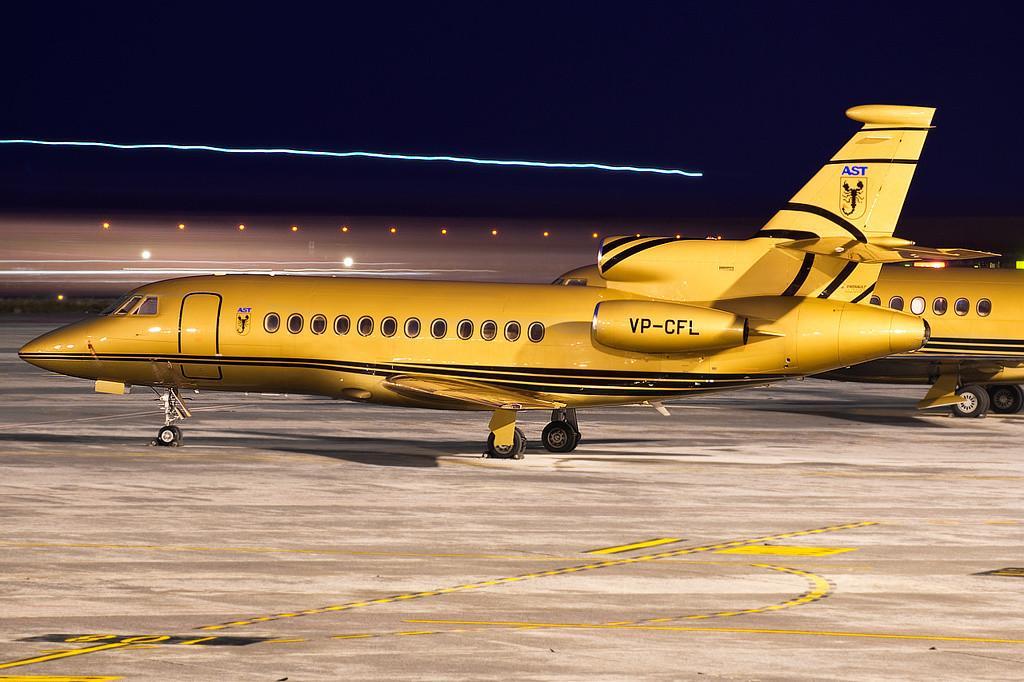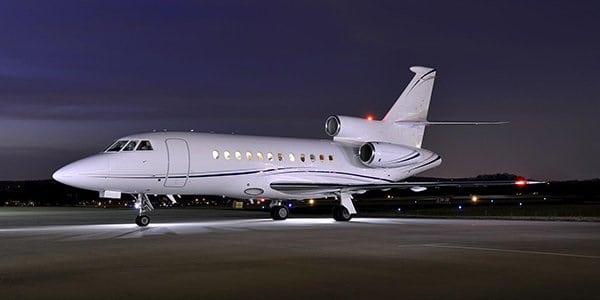
PrivateJetia Private Jet Fly 109
The global COVID-19 pandemic has left an indelible mark on the travel industry, with lasting effects on how people view safety, convenience, and luxury. As the world adjusts to a new normal, private jet travel has emerged as a popular choice among travelers seeking a safer, more efficient, and exclusive way to navigate post-pandemic life. With increasing concerns over health and safety, changing travel behaviors, and a growing demand for personalized experiences, the private aviation industry is evolving to meet the new needs of its affluent clientele.
In this article, we will explore how private jet travel is adapting to the post-pandemic travel landscape. From heightened health and safety measures to the integration of advanced technology and personalized services, the private jet industry is undergoing significant changes. These adaptations are reshaping the way wealthy travelers approach air travel and offering a glimpse into the future of luxury aviation.
- Increased Demand for Private Jet Travel
The pandemic has reshaped the way people travel, with many opting for private jet services as a safer alternative to commercial flights. While commercial airlines faced widespread cancellations, delays, and crowded terminals, private jets offered an a very uniqueed level of control and safety. Travelers could bypass crowded airports, enjoy more flexible scheduling, and minimize exposure to potential health risks by avoiding the mass transit experience.
As a result, private jet travel has seen a significant surge in demand. According to industry reports, private jet usage in the United States increased by over 30% in 2020, and this trend is expected to continue into the post-pandemic era. Many wealthy individuals, business executives, and high-net-worth families are now considering private jet travel not only as a luxury but also as a practical necessity in light of ongoing health concerns.
This increased demand has led to the growth of charter services and fractional ownership programs, allowing more people to access private jet travel without the hefty price tag of full ownership. Charter companies have experienced a surge in inquiries, and many have adjusted their offerings to meet the growing interest in safe, flexible, and personalized travel options.
- Enhanced Health and Safety Protocols
In the wake of the pandemic, health and safety have become paramount concerns for travelers. Private jet companies have responded by implementing rigorous health and safety protocols to ensure that passengers can travel with peace of mind. These measures go far beyond standard cleaning practices, incorporating enhanced disinfection routines, air filtration systems, and contactless services to minimize the risk of exposure.
One of the key features that set private jet travel apart from commercial flights is the ability to maintain strict control over the environment. Private jets typically have fewer passengers, which allows for more personalized care and greater attention to hygiene. Additionally, many private jet operators have introduced upgraded air filtration systems that utilize HEPA filters to remove harmful particles and pathogens from the cabin, ensuring that the air quality remains pristine throughout the flight.
Before boarding, passengers are often required to undergo health screenings, including temperature checks and COVID-19 testing, to further ensure the safety of everyone on board. These measures help create a secure travel environment where passengers can feel confident that their health is being prioritized.
- Increased Focus on Contactless Travel
As technology continues to play a central role in our daily lives, the aviation industry is embracing contactless solutions to enhance the travel experience. Post-pandemic, travelers are more conscious of minimizing physical contact, and private jet companies are responding by implementing cutting-edge technologies that allow for seamless, touch-free experiences.
From booking flights to boarding the aircraft, contactless solutions are now commonplace in private aviation. Many private jet operators have adopted mobile apps and online platforms that allow passengers to book, manage, and track their flights with ease. These digital platforms also enable travelers to handle all aspects of their journey, including check-in, baggage handling, and payment, without the need for physical interaction with airport staff.
Once on board, private jet passengers can enjoy the convenience of touchless cabin controls, allowing them to adjust lighting, temperature, and entertainment options with the tap of a button on their personal devices. In addition, some aircraft are equipped with advanced cleaning technologies, such as UV-C light disinfection systems, which can be activated remotely to ensure that the cabin is sanitized before and after each flight.
- Personalized Travel Experiences
As the demand for private jet travel continues to rise, so too does the expectation for a highly personalized and bespoke experience. In the post-pandemic world, passengers are looking for more than just a flight; they want an experience that caters to their individual preferences and desires.
Private jet operators have responded by offering an increasingly customized experience that goes beyond traditional luxury services. From custom-built interiors to specialized catering options, every aspect of the journey is designed to meet the specific needs of the traveler. Whether it’s an onboard chef preparing a gourmet meal, a personal assistant coordinating travel logistics, or a customized entertainment system offering a selection of movies, music, and virtual reality experiences, the possibilities are endless.
In addition to personalized services, private jet companies are also embracing the concept of “work from the skies,” offering fully equipped offices with high-speed internet, video conferencing capabilities, and privacy for business meetings. This trend has been particularly popular among executives and entrepreneurs who need to stay connected while traveling.
- The Rise of Sustainable Aviation
Sustainability has become a key focus for many industries, and aviation is no exception. As climate concerns continue to grow, there is increasing pressure on the aviation industry to reduce its carbon footprint and embrace more sustainable practices. In response, private jet companies are exploring innovative solutions to make air travel more eco-friendly.
One of the most notable trends in private aviation is the rise of sustainable aviation fuel (SAF). SAF is a biofuel made from renewable sources, such as plant-based oils and waste products, which significantly reduces carbon emissions compared to traditional jet fuel. Many private jet operators are now incorporating SAF into their fleets as part of a broader commitment to sustainability. Additionally, some companies are exploring the use of electric and hybrid-electric aircraft, which could further reduce the environmental impact of private jet travel.
While the adoption of sustainable aviation practices is still in its early stages, the post-pandemic era presents an opportunity for the private aviation industry to make meaningful strides toward a more sustainable future. With growing consumer demand for environmentally responsible options, private jet companies are under increasing pressure to embrace green technologies and practices.
- The Future of Private Jet Travel
Looking ahead, the future of private jet travel appears bright, with new technologies and innovations set to transform the industry. As the world continues to adapt to the post-pandemic reality, the private jet industry is embracing change and evolution to meet the needs of its discerning clientele.
One area that is poised for growth is the use of autonomous aircraft. While fully autonomous private jets are not yet a reality, advancements in artificial intelligence, robotics, and automation are bringing the possibility of pilotless flights closer to fruition. This could revolutionize the way private jet travel operates, reducing operational costs and enhancing safety.
Another exciting development is the integration of virtual reality and immersive technology into the in-flight experience. As travelers seek more personalized and engaging experiences, private jet operators are exploring ways to incorporate VR technology into their cabins. Whether it’s offering virtual tours of exotic destinations or providing immersive entertainment during the flight, the possibilities are endless.
As private jet travel continues to adapt to the evolving needs of post-pandemic passengers, the industry is poised for further innovation and growth. From enhanced safety protocols and contactless services to sustainable practices and personalized experiences, the future of private aviation looks more luxurious, efficient, and exciting than ever before.



